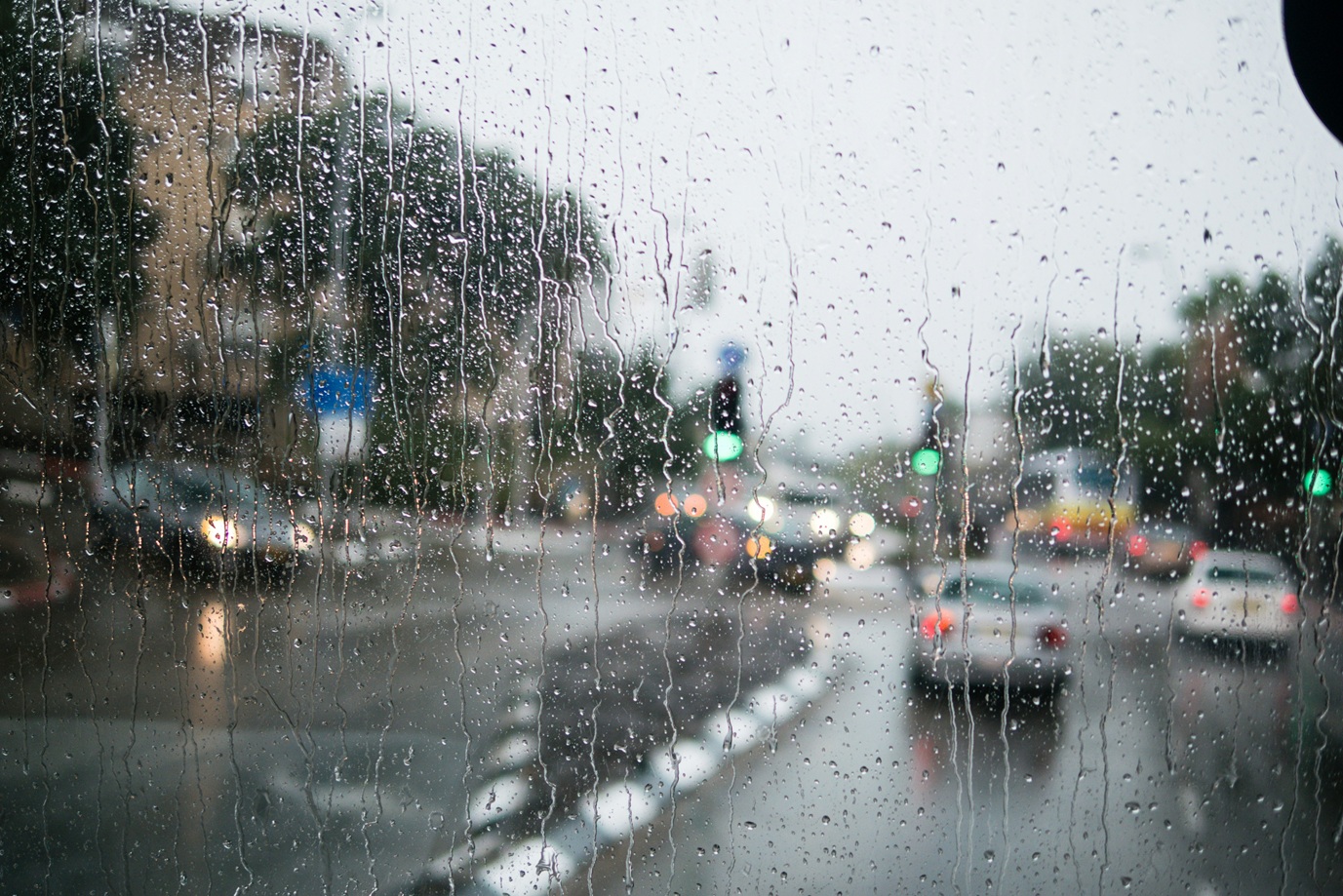Rainy season in Nigeria is both a blessing and a challenge. While it brings much-needed water for agriculture and helps cool the environment, it can also disrupt daily activities and make running a business difficult.
From flooded roads to damaged goods and delayed construction projects, heavy rainfall can lead to financial losses and operational setbacks.
In this article, there are some of the most affected businesses and ways in which they can thrive in this season.
1. Farming And Livestock Rearing
Farmers all over the world rely on rain, and Nigerian farmers are no exception, but too much of it can cause flooding, soil erosion, and crop failure.
Waterlogged soil can prevent crops from growing properly, while excess moisture can lead to fungal infections in plants.
Livestock owners, on the other hand, also struggle with wet and muddy conditions, which can increase the risk of diseases such as foot rot and respiratory infections.
To thrive in this season, farmers should plant flood-resistant crops like maize and millet, and also implement proper drainage systems on their farms while livestock owners should construct elevated and well-ventilated shelters to keep animals dry and also ensure vaccinations and regular check-ups.
2. Construction And Real Estate
The rainy season also affects construction and real estate business as the consistent rainfall slows down construction projects, damages materials, and makes work sites unsafe. Prolonged exposure to rain can also weaken buildings’ foundations, wash away cement, and create muddy conditions that make it difficult for workers to operate machinery.
To thrive in this season, builders are advised to schedule major outdoor work, such as foundation laying and roofing, during the dry season while also using waterproof covers and tarpaulins to protect materials like cement, sand, and bricks from getting damaged during the rainy season.
3. Transportation And Logistics
A number of major roads in Nigeria are filled with potholes and become flooded during the rainy season. This leads to traffic congestion on major roads in the country, thus making movement difficult for transport businesses and commuters. As a result of the bad maintenance culture in the country, the roads also become almost impassable, leading to increased fuel consumption and vehicle wear and tear.
For those in the aviation industry, there is an increased number of flight cancellations due to the weather condition.
The government can, however, help businesses in this industry thrive during this season by improving the drainage systems and regularly maintaining the roads.
Transport companies and car owners should also ensure their vehicles are in good condition and make use of GPS tracking to better plan routes to follow.
Airlines should also incorporate the use of advanced weather monitoring systems for better scheduling.
4. Outdoor Events And Entertainment
For business owners in the outdoor events and entertainment industry, the rainy season affects them a great deal as the rain can disrupt their events, lead to cancellations, low attendance, and financial losses.
To cope while the rainy season lasts, event organizers should opt for indoor events. In instances where the event is compulsorily an outdoor one, they should use high-quality waterproof tents with proper drainage to prevent water buildup.
5. Market And Street Vendors
Many traders in Nigeria sell in open spaces, and heavy rainfall can drive customers away or ruin perishable goods like vegetables, fruits, and fish which can lead to significant financial losses.
In the rainy season, vendors should invest in waterproof covers, canopies, or move to covered stalls in designated markets.
In addition, some vendors can explore online sales and home delivery to continue serving customers even while the rain lasts.
6. Fishing Business
It is possible to think that those in the fishing business shouldn’t be affected by the rainy season but this isn’t true as rough waters and high tides during rainy seasons make fishing dangerous and can damage boats and nets. Flooding can also disrupt fish breeding grounds, reducing fish populations and affecting supply.
To thrive in this season, fishermen should use durable, weather-resistant fishing gear and invest in stronger boats that can withstand harsh conditions.
7. Power Supply
Heavy rains in Nigeria often lead to power outages due to damaged poles, flooded substations, and electrical faults. This affects businesses that rely on constant electricity supply, such as manufacturing plants, and hospitals.
To cope during this season, businesses should invest in backup power sources like generators, inverters, and solar panels to maintain operations during outages.
8. Tourism And Hospitality
Finally on the list of businesses affected by the rainy season is the tourism and hospitality industry.
Tourist attractions, especially outdoor ones like beaches, parks, and wildlife reserves, see fewer visitors during the rainy season, affecting hotels, tour operators, and local businesses. Heavy rains can make roads to tourist destinations impassable, reducing accessibility.
To keep thriving in the season, businesses in the industry can offer discounts during the rainy season to attract tourists, and indoor tourism options such as museums, art galleries, and cultural centers should be promoted.
In all, rainfall is a part of life, but businesses don’t have to suffer because of it.
With smart planning and simple adjustments, business owners can turn rainy days into opportunities instead of setbacks.








